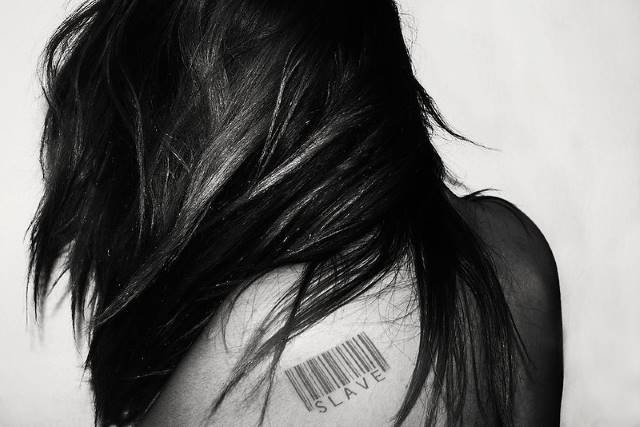10 Facts About Human Trafficking in the Netherlands
 Human trafficking in the Netherlands is a serious issue and one that the Dutch government is attempting to alleviate. According to the Human Traffic Victims Monitor, there were 958 registered trafficking victims from 2013 to 2017. Hopefully, with aid from the government and help from organizations, the Netherlands can see a decrease in human trafficking.
Human trafficking in the Netherlands is a serious issue and one that the Dutch government is attempting to alleviate. According to the Human Traffic Victims Monitor, there were 958 registered trafficking victims from 2013 to 2017. Hopefully, with aid from the government and help from organizations, the Netherlands can see a decrease in human trafficking.
10 Facts About Human Trafficking in the Netherlands
-
- Tier 1 Category: Local government officials are not ignorant of the prevalence of human trafficking in the Netherlands. The U.S. Department of State designated the Netherlands as Tier 1, meaning the Dutch government fully complies with the minimum requirements for eliminating trafficking as set forth by the Trafficking Victims Protection Act, passed by the U.S. government in 2000.
- Legalizing Prostitution: The prostitution industry has been legal in the Netherlands since 2000. Once it was legalized, the demand for services increased but the supply did not. Human traffickers bring in international women to meet the demand.
- Labor Exploitation: In addition to sexual exploitation, human trafficking also takes place in economic fields where victims are subject to employment under deplorable conditions. It is not uncommon for these jobs to involve human rights violations.
- Criminality: Another form of human trafficking involves forcing individuals to commit crimes. Criminal exploitation is when an individual is forced to steal, beg or otherwise illegally acquire goods or monies and hand them over to the individual doing the exploiting. Perpetrators are often members of highly organized criminal organizations.
- Underreporting: The number of victims of human trafficking in the Netherlands is nearly five times the reported estimate. More than 6,000 individuals fall victim to human trafficking each year in the Netherlands, with roughly two-thirds of cases involving coerced sexual exploitation.
- Police Officer Training: It is standard practice in the Netherlands to complete training on how to handle human trafficking before passing the police academy. There are also officers who specialize in the handling of human trafficking. These officers must pass an examination before completing the academy.
- Sheltering Victims: The Dutch government has funded shelters for victims of human trafficking. It offers victims of human trafficking a stay of up to three months in a shelter. During this time, victims are provided with a safe space to begin the healing process. Here, victims also think about pursuing legal action against their trafficker. After three months, victims who agree to work with police to pursue their traffickers are permitted to stay longer in the shelter.
- Human Trafficking Task Force: In 2018, the Dutch government implemented its new anti-trafficking plan. It focuses on identifying victims, strengthening communication between shareholders, encouraging governments to take anti-trafficking action at a local level and amping up the work done to prevent labor trafficking. Since then, the task force has moved into inspecting brothels, training community leaders to identify human trafficking in order to safely intervene and has increased efforts against child trafficking.
- Not For Sale Campaign: Born in the early 2000s, the Not For Sale campaign is based in the heart of Amsterdam. The organization works with victims of human trafficking. It works especially with those victimized by sexual exploitation. The organization helps victims gain job experience and life skills needed to support themselves financially. Not For Sale also works to provide food, housing, healthcare and education for victims.
- GRETA: The Group of Experts on Action against Trafficking in Human Beings is an organization responsible for monitoring the implementation of anti-trafficking legislation. In 2018, GRETA published a report making note that even though the trafficking situation in the Netherlands requires much focus, the Netherlands is making significant improvements in the battle against trafficking.
By working at a local level to examine economies and conditions that perpetuate the cycle of human trafficking, the government and organizations can successfully alleviate human trafficking in the Netherlands.
– Jessica Raskauskas
Photo: Unsplash
